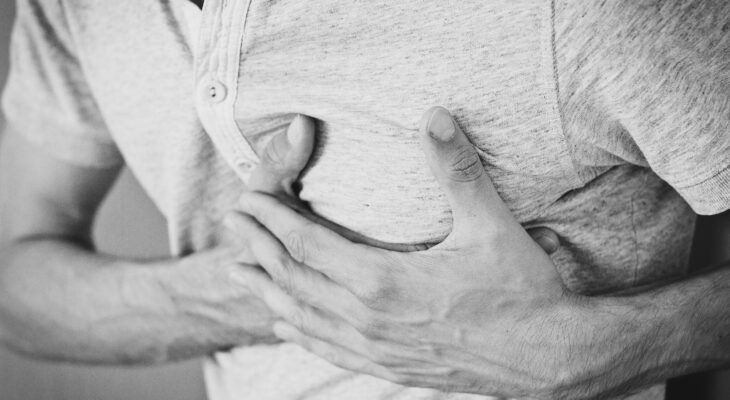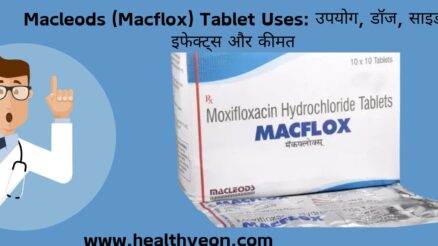A myocardial infarction, another name for a heart attack, is the result of prolonged blood flow blockage to a portion of the heart, which damages or kills heart muscle. It is imperative to identify the indicators of a heart attack promptly, as swift intervention can be lifesaving.
These are five signs that someone may be having a heart attack.
1. Chest Pain or Discomfort
Chest pain or discomfort, usually characterized as fullness, squeezing, pressure, or tightness in the chest region, is a classic sign of a heart attack. The arms, back, jaw, neck, or stomach could all feel like this. It’s crucial to keep in mind that not everyone who suffers a heart attack will experience unbearable pain; some people may just have mild discomfort or no chest pain at all.
To rule out a heart attack, any chest discomfort, especially if it is followed by additional symptoms like nausea, lightheadedness, or shortness of breath, should be seen by a doctor right once. Indigestion or heartburn are other symptoms that might be confused for less serious diseases and indicate chest pain.
2. Shortness of Breath
Dyspnea, or shortness of breath, can occur after a heart attack because the heart’s capacity to pump blood is hampered. People who are having a heart attack could feel as though they are suffocating or are having trouble breathing. This symptom may appear suddenly or gradually, and it may or may not be accompanied by chest pain at the same time.
Any discernible alterations in breathing patterns should be treated medically right once, especially if additional symptoms like nausea, lightheadedness, or chest pain accompany them. Breathlessness during a heart attack is a sign of impaired heart function and must be evaluated and treated right once.
3. Nausea, Indigestion, or Vomiting
Other symptoms of a heart attack can include nausea, indigestion (dyspepsia), or vomiting; these symptoms are more common in women and older people. Although these symptoms are sometimes associated with gastrointestinal problems, they can also happen in tandem with a heart attack.
Sometimes, people may feel the want to throw up or experience vomiting. It’s critical to pay attention to these symptoms, particularly if they coexist with other warning indicators. It’s imperative to get medical assistance right away to assess and treat these symptoms properly.
4. Profuse Sweating
Cold sweats, or excessive perspiration, are a common sign of an impending heart attack. Even in the absence of physical activity or exposure to warm temperatures, this abrupt commencement of sweating is a serious warning indication. Sweating is the body’s normal reaction to pain or stress, and it can happen during a heart attack along with other symptoms like shortness of breath or tightness in the chest. It is important to be aware of any odd patterns of sweat and to identify them as possible signs of an impending heart attack.
To ensure a proper assessment and treatment in such instances, it is essential to seek emergency medical help. Additionally, as you wait for medical aid, the discomfort brought on by excessive perspiration can be lessened by remaining hydrated and keeping your surroundings cold.
5. Dizziness or Lightheadedness
Abrupt dizziness or lightheadedness may indicate the possibility of a heart attack, especially if other warning indicators accompany it. These symptoms could include dizziness, a spinning sensation, or a feeling that you could pass out. Reduced blood supply to the brain as a result of heart attack-related heart function deficit frequently causes dizziness. It’s critical to pay attention to these symptoms, particularly if they coexist with other warning signs like breathlessness or tightness in the chest.
Since dizziness can be a severe warning indication of cardiovascular illness, you must seek quick medical attention in order to receive the proper evaluation and treatment. Until medical assistance arrives, it’s best to stay still and avoid doing anything that could make you feel dizzy, such as sitting or lying down.
Conclusion
For timely intervention and successful treatment, it is imperative to recognize the warning indications of a heart attack. If you or someone you know has any of these symptoms, you must take immediate action, particularly if they co-occur.
Never put off calling emergency services or seeking medical attention right away. You may save lives and guarantee the best possible outcome for people facing cardiac crises by being watchful and proactive.





